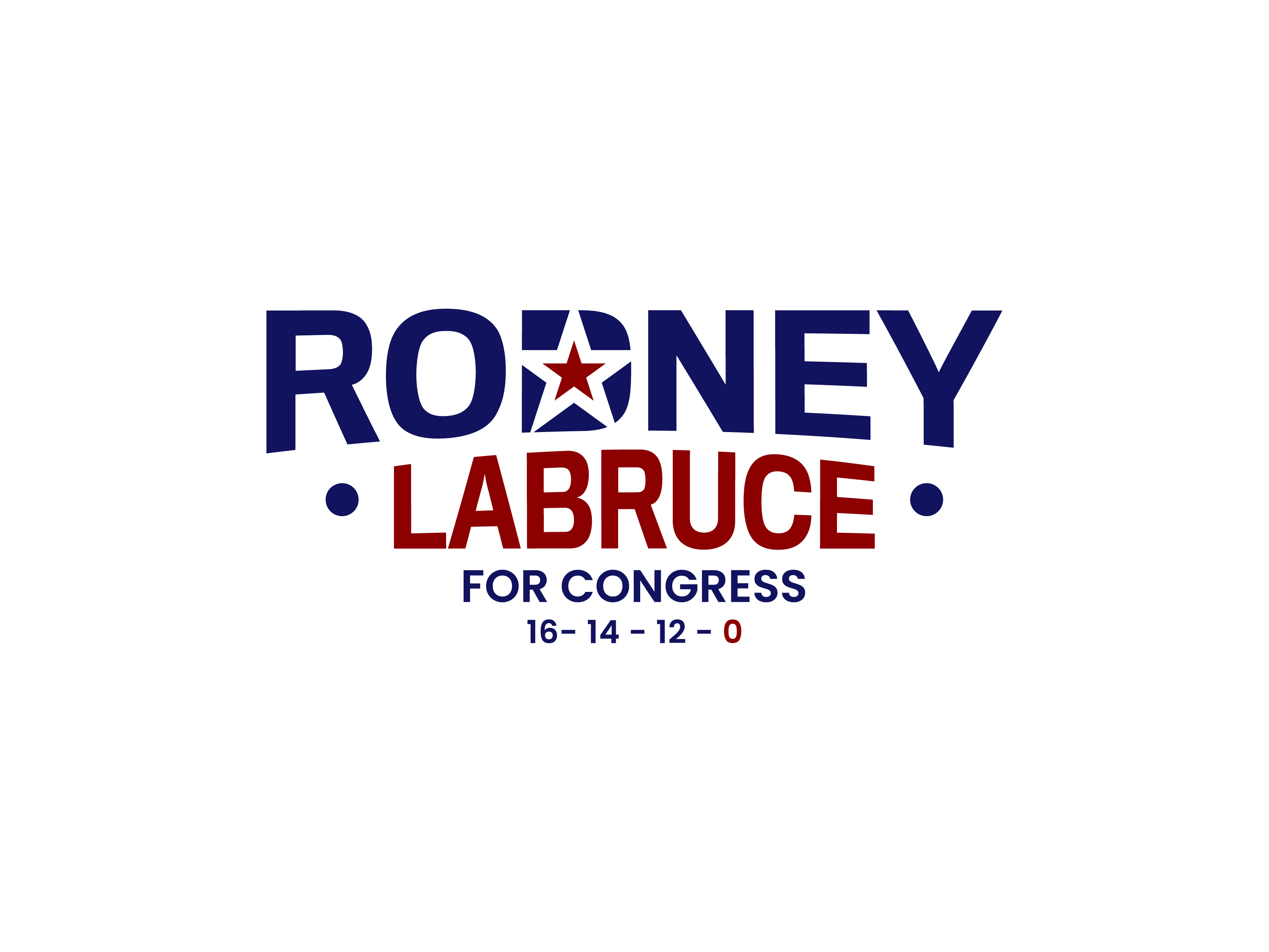Building a Legacy of Leadership with the Unified Advocacy and Leadership Coalition (UALC)

By Rodney LaBruce
"Overcoming poverty is not a gesture of charity, it is an act of justice. It is the protection of a fundamental human right, the right to dignity and a decent life." - Nelson Mandela
I’m a Black man. I was born that way. I had a great family. My mom worked multiple jobs and taught me valuable life lessons. I didn’t grow up poor. I didn’t grow up alone. I grew up Black.
I’ve always been proud of who I am and where I come from. I’ve always been proud of my people and have always wanted the best for us. But as I’ve grown, I’ve come to understand a fundamental truth: what affects us often affects others too. Poverty is the enemy, not each other.
Dr. Martin Luther King Jr. understood this deeply. In his final days, he increasingly focused on poverty as a universal problem that transcends race and ethnicity. His work on the Poor People’s Campaign exemplifies this belief. King recognized that poverty was a systemic issue, inseparable from the fight for civil rights and economic justice.
In Where Do We Go from Here: Chaos or Community? King wrote:
“The curse of poverty has no justification in our age. It is socially as cruel and blind as the practice of cannibalism at the dawn of civilization… The time has come for us to civilize ourselves by the total, direct, and immediate abolition of poverty.”
And just days before his assassination, speaking at the National Cathedral, King said:
“We are called upon to help the discouraged beggars in life's marketplace. But one day we must come to see that an edifice which produces beggars needs restructuring.”
These words resonate deeply with me. They remind us that poverty is not just an individual issue—it’s a system that requires bold action, collective effort, and leadership to dismantle.
That’s why I’m introducing the Unified Advocacy and Leadership Coalition (UALC)—a movement designed to bring diverse voices together and create a powerful force for change.
What is the UALC?
The Unified Advocacy and Leadership Coalition will be a 501(c)(4) organization focused on strategic activism and leadership development. This coalition is more than addressing today’s challenges—it’s about preparing tomorrow’s leaders to tackle the root causes of injustice and inequality.
Here’s the plan.
A Multi-Tiered Approach to Leadership Development
The UALC will use a blended strategy to create systemic change at every level of leadership.
1. Strengthening the Foundation: Precinct Chairs
Precinct chairs are the backbone of grassroots organizing in the Democratic Party. They’re the ones who connect directly with voters, mobilize neighborhoods, and lay the groundwork for electoral success.
By focusing on precinct chairs, we can build a strong foundation of local leaders who are equipped to:
- Drive voter engagement in underserved communities.
- Build trust and relationships within their neighborhoods.
- Serve as a talent pool for future candidates and higher leadership roles.
Supporting precinct chairs ensures that the Democratic Party remains connected to the communities it serves while building a pipeline of new leaders.
2. Targeting Key Elected Positions
Precinct chairs are important, but we also need leaders in positions where they can directly shape policy and allocate resources. That’s why the UALC will also focus on identifying and supporting candidates for roles like:
- City Council Members: Advocating for affordable housing, economic development, and public safety.
- School Board Representatives: Fighting for equitable education and resource allocation.
- Judges and District Attorneys: Reforming the justice system and addressing racial disparities.
By strategically placing leaders in these roles, we can create immediate, tangible change while laying the groundwork for long-term progress.
3. Filling Representation Gaps
Some communities lack representation in critical areas, whether it’s local government, school boards, or judicial offices. These gaps often exist in districts that have been historically underserved or politically neglected. The UALC will prioritize these areas to ensure every voice is heard and every community has a seat at the table.
4. Empowering Community Advocates
Leadership doesn’t always come with a title. Many of the most influential voices are pastors, nonprofit directors, and small business owners who already serve as pillars in their communities. The UALC will provide these leaders with training and resources to amplify their advocacy and connect them with opportunities to drive change on a larger scale.
Our Mission
“Our mission is to unify advocates, activists, and leaders across diverse communities to create actionable solutions for systemic challenges. Together, we aim to amplify underserved voices, build a pipeline of impactful leaders, and drive progressive change within the Democratic Party and elected offices.”
How It Works
Think Tank and Advocacy
The UALC will function as a think tank, bringing together leaders to tackle pressing issues like poverty, housing, and healthcare. Through collaboration, we’ll develop actionable solutions, policy recommendations, and community initiatives that inspire grassroots support.
Leadership Development Pipeline
From precinct chairs to city council members, the UALC will identify and mentor leaders at every level. This pipeline will ensure that the Democratic Party is fueled by values-driven leaders who are prepared to make a difference.
Unified Engagement
We’ll start with coalition-wide meetings to set the vision and build momentum. From there, specialized task forces will focus on priority issues like homelessness, senior care, and education, all under the UALC umbrella.
Join the Movement
This is your invitation to be part of something bigger. Poverty isn’t just an issue for one community, it’s a challenge for all of us. Together, we can fight it with the same determination and vision that Dr. King called for.
Be a change-maker. Amplify your voice. Shape the future.
Join the Unified Advocacy and Leadership Coalition and help us build a legacy of strong, values-driven leadership—starting at the grassroots level and expanding to the leaders who will transform our communities, policies, and country.
Together, we can uplift our communities, empower our leaders, and create the progressive change our nation desperately needs.
